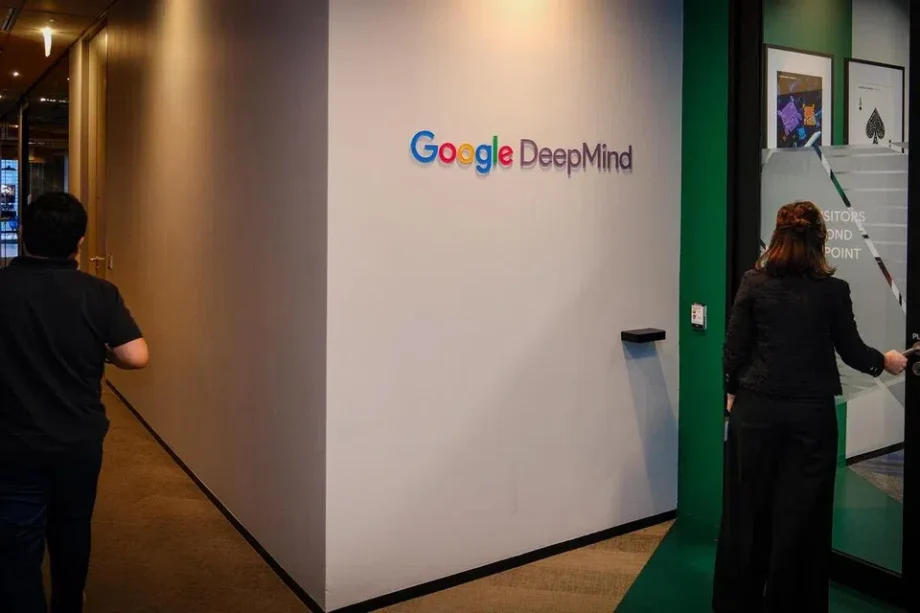Google DeepMind has set up an artificial intelligence (AI) research lab in Singapore, which will spur existing efforts in improving its AI model’s capabilities in understanding regional languages and cultural nuances.
Through partnerships with local agencies and academic institutions, the US tech giant’s primary AI research team will also be working on improving its AI model Gemini’s reasoning capabilities and creating solutions to tackle global issues such as energy, healthcare and climate.
Singapore is a prime location for the new AI research lab due to its pro-innovation and forward-looking approach, said Google DeepMind chief operating officer Lila Ibrahim during a media event at Google’s Pasir Panjang office on Nov 19. The research lab will be located within its office.
“We need a partnership that helps us balance both long-term and short-term goals,” said Ms Ibrahim. “It’s not just about how to focus on elite applications AI, but also how to make it generally available, and making sure that we’re not leaving people behind in this transformative technology.”
DeepMind, a London-based start-up that was founded in 2010, was acquired by Google in 2014 with a mission to build AI responsibly for the benefit of humanity.
Beyond its work on core products such as large-language model Gemini, the research division’s achievements also include the launch of AlphaFold in 2020, an AI system that accurately predicts 3D models of protein structures.
This technology was used by Singapore’s National Neuroscience Institute and A*STAR to pioneer a breakthrough in understanding Parkinson’s disease, said the team in a statement on Nov 19.
In April, Google DeepMind began collaborating with AI Singapore on Project Aquarium, a platform that sources for data on South-east Asian languages. This, in turn, aids in the development of Singapore’s home-grown AI model Sea-Lion, which recognises 13 regional languages including Malay, Tamil, Thai and Vietnamese.
The localisation of large-language models would help to lower the barrier of entry for humans to interact with AI, said Ms Yolyn Ang, vice-president of Google’s knowledge and information partnerships team in the Asia-Pacific.
“You want to be able to interact with AI that is speaking to you in the right context and tone, which then increases the chances of helpful interactions,” said Ms Ang, adding that Asia is home to many language and grammatical nuances.







